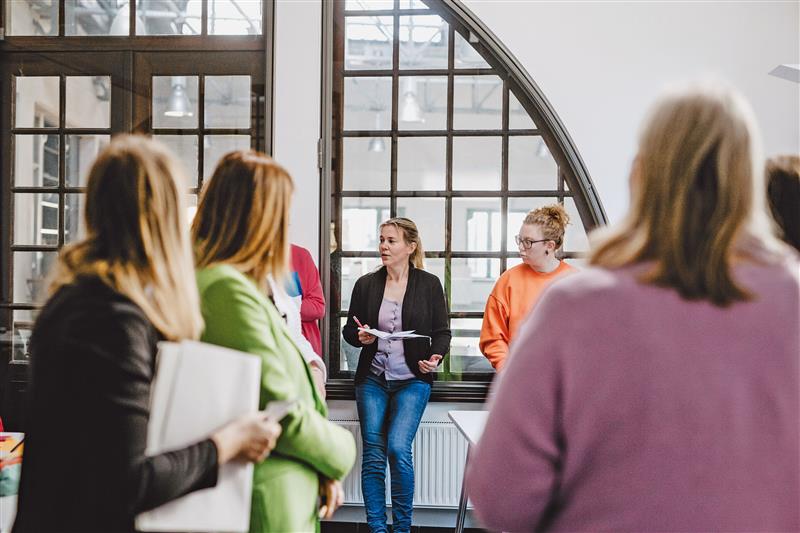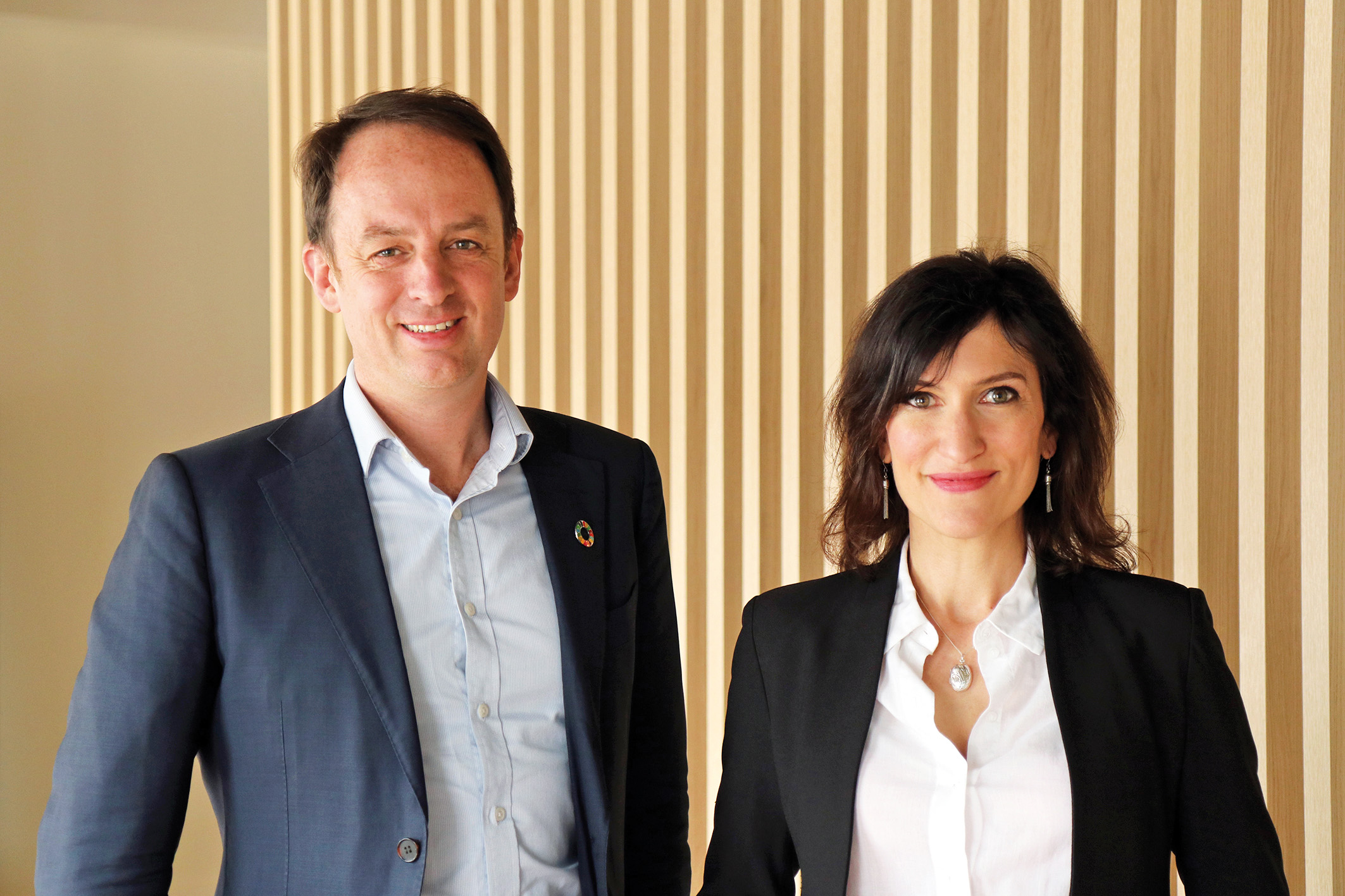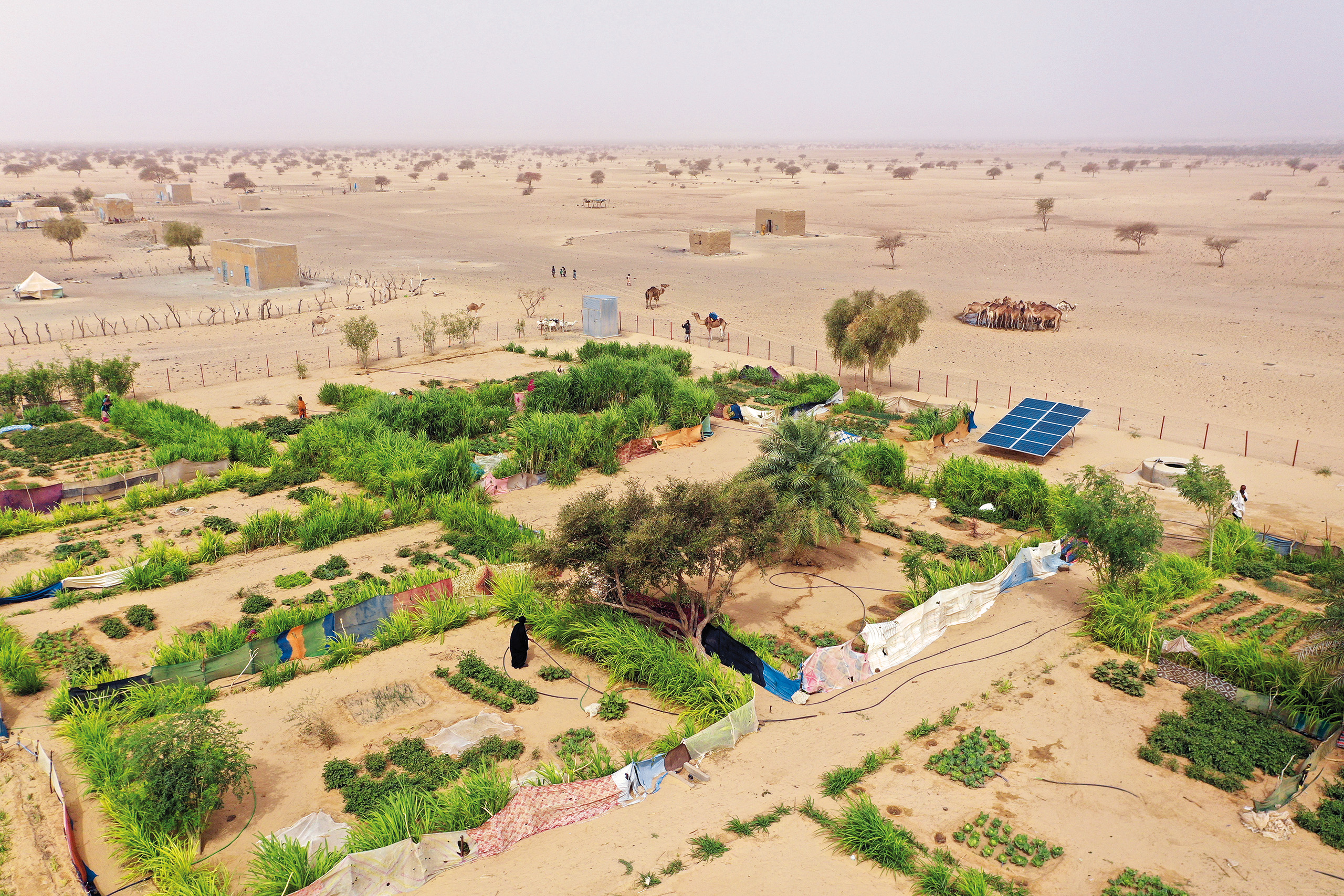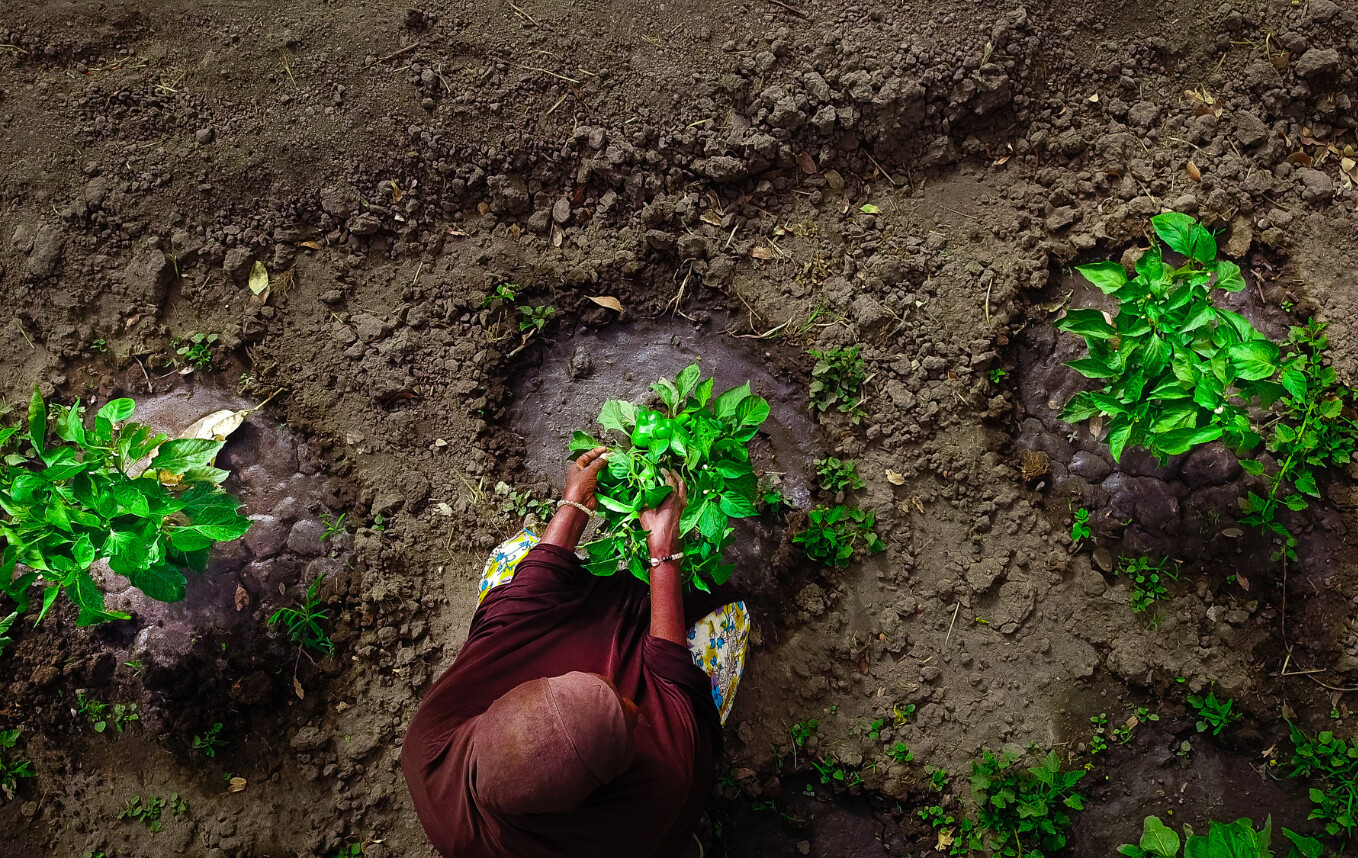This is explicitly stated in the 2030 Agenda for Sustainable Development:
‘By 2030, ensure that all learners acquire knowledge and skills needed to promote sustainable development, including among others through education for sustainable development and sustainable lifestyles, human rights, gender equality, promotion of a culture of peace and non-violence, global citizenship, and appreciation of cultural diversity and of culture’s contribution to sustainable development.’
How to implement it?
Global citizenship education can take many forms, such as workshops, debates, intercultural exchange programmes, mobilisation campaigns or training. It is practiced in different places, such as schools and places of learning in general, but also through youth movements, businesses or development cooperation initiatives. By fostering people’s adherence, mobilisation and action towards more justice and solidarity, global citizenship education becomes a key aspect of international cooperation towards achieving the Sustainable Development Goals.
A pillar of international cooperation
With its BeGlobal programme, Enabel has more than twenty years of experience in global citizenship education in Belgium. The three main axes of activity, all of which aim to sustainably embed the approach in education in Belgium, are: policy dialogue, the strengthening and innovation of teaching practices and the deployment of a centre of expertise aiming at sharing, producing and disseminating knowledge.
Enabel, like a growing number of countries, public administrations and social organisations, is absolutely convinced of the need of global citizenship education in achieving the Sustainable Development Goals and therefore incorporates it as much as possible in its portfolio of expertise at the service of its development programmes, in Belgium and abroad.











